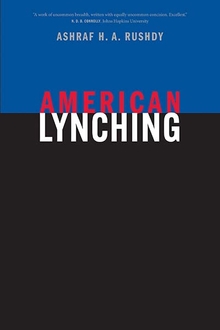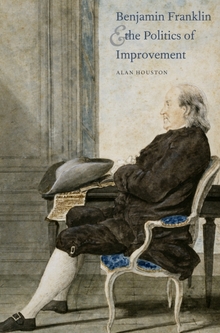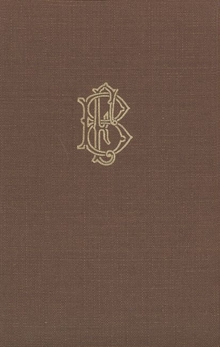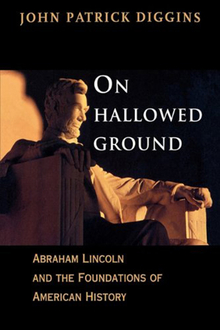American Lynching
WARNING
You are viewing an older version of the Yalebooks website. Please visit out new website with more updated information and a better user experience: https://www.yalebooks.com
Ashraf H. A. Rushdy
A history of lynching in America over the course of three centuries, from colonial Virginia to twentieth-century Texas
"A sophisticated and thought-provoking examination of the historical relationship between the American culture of lynching and the nation’s political traditions.”—William Carrigan, Rowan University
After observing the varying reactions to the 1998 death of James Byrd Jr. in Texas, called a lynching by some, denied by others, Ashraf Rushdy determined that to comprehend this event he needed to understand the long history of lynching in the United States. In thismeticulously researched and accessibly written interpretive history, Rushdy shows how lynching in America has endured, evolved, and changed in meaning over the course of three centuries, from its origins in early Virginia to the present day.
Rushdy argues that we can understand what lynching means in American history by examining its evolution—that is, by seeing how the practice changes in both form and meaning over the course of three centuries, by analyzing the rationales its advocates have made in its defense, and, finally, by explicating its origins. The best way of understanding what lynching has meant in different times, and for different populations, during the course of American history is by seeing both the continuities in the practice over time and the specific features in different forms of lynching in different eras.
—Kirkus Reviews
“A welcome and timely contribution to lynching historiography.”—Choice
Publication Date: February 25, 2014








